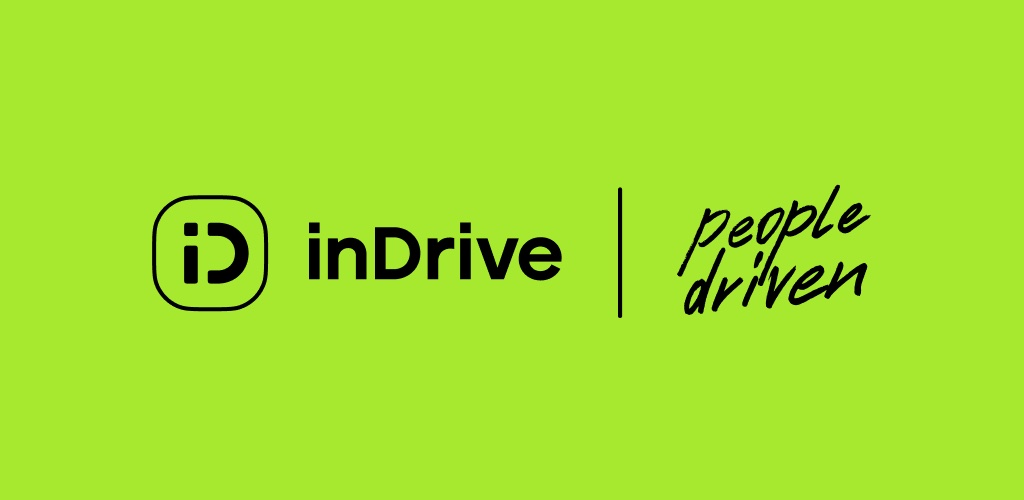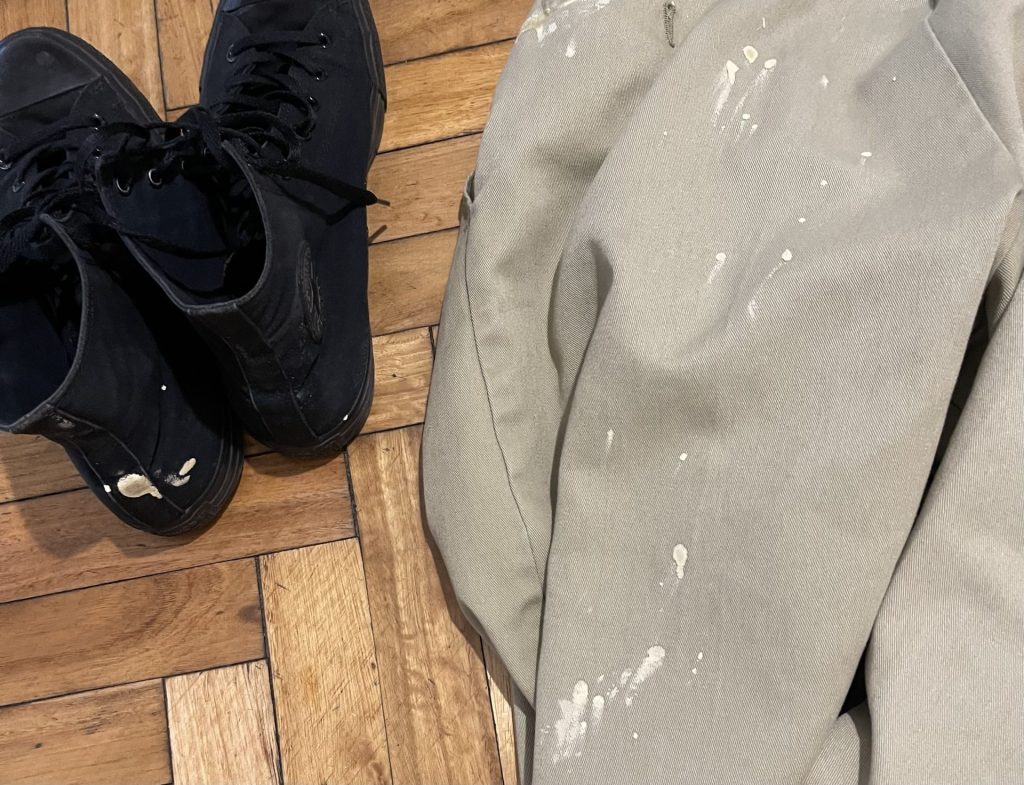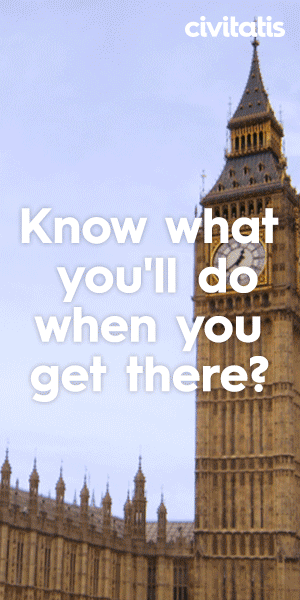Colombia, a country renowned for its colorful culture, rich history and breathtaking landscapes, is a popular destination for travelers worldwide. However, like any travel hotspot, it’s not without its share of pitfalls. Among these are the common scams that can and often do, catch visitors off guard.
This guide will provide you with the knowledge to avoid scams in Bogotá and other parts of Colombia. Thereby helping to ensure your trip is memorable for all the right reasons.
Scams to avoid in Colombia

Understanding The Context In Colombia
Before we delve into the specifics, it’s essential to understand the context. Contrary to outdated perceptions, Colombia is not a hotbed of crime and danger. Colombia and its capital city Bogotá are quite safe to visit.
In reality, the country has made significant strides in improving safety and security, particularly for tourists. But, as with any place in the world, it’s always wise to stay alert and informed.
Be Skeptical Of What You See About Colombia On YouTube
The other point worth mentioning is you shouldn’t just accept what you see on YouTube. Clickbait sells and a lot of the foreigners running channels from Colombia, particularly in Medellín, are out to get views and ultimately, money.
These foreigners with YouTube channels are a large part of Colombia’s image problem. You’ll often hear them reiterate the Colombian saying ‘no dar papaya‘ (don’t give sweet things) when talking about the ‘dangers’ in Colombia. Yet in reality, Colombians vary rarely use that expression (I hear it about once a year).
But here’s the kicker. Right after they reiterate ‘no dar papaya‘ on their YouTube channels they will try to scam you, the viewer. One example of a current scam doing the rounds are the Medellín ‘master classes’ being peddled everywhere.
The last sales pitch I saw for the ‘Medellín Master Class’ was claiming to have some sort of secret sauce technique for staying in Colombia longer than 180 days. Just sign up, pay them $1000(USD) and get the information. Sounds simple, right? Except there is no secret technique.
Colombian tourist permits are limited to 180 days per calendar year. If you want to stay in Colombia longer than 180 days you will need a different visa. The information is freely available on the internet. And every Colombian visa or migration lawyer will tell you that for free. Just email one.
So while these YouTubers are talking about the ‘dangers’ in Colombia and telling you that you need their help not to be a sucker, they’re offering to sell you freely available information for $1000(USD). They’re making you, the viewer, into a sucker.

The 13 Most Common Scams Operating In Bogotá
Now the first two items in the list of 13 most common scams in Bogotá are indeed the most common. They are the scams you should be on the lookout for if you’re visiting touristic parts of La Candelaria. The rest are hit or miss.
The other 11 scams on the list of most common scams in Bogotá come and go. Depending upon their success rate at any given time, they rise and fall in popularity among the scammers. But you should still watch out for them. Particularly the credit card skimming and roundabout routes when taking taxis and Uber.
The 13 most common scams in Bogotá Colombia are:
- The Pay ‘Whatever’ Scam
- The ‘Free Gift’ Scam
- Colombian Police Scam
- The Sneaky Distraction Scam
- Overcharging And Inflated Prices
- Fake Goods Scam
- The Money Misdirection Scam
- The Roundabout Taxi Ride
- Online Dating Scams
- ATM And Card Cloning Scams
- Picture Taking Scam
- Bird Poop Scam
- Airbnb Deposit Scam

The Pay ‘Whatever’ Scam
One of the most common scams in Bogotá and Colombia more generally, is the pay ‘whatever’ scam. It’s often used by street vendors selling services like shoe cleaning in touristic areas.
How It Works
You’ll be approached by someone offering a service like shoe cleaning. They’ll tell you that they want to clean your shoes and they will become very insistent. When you ask the price before allowing them to clean your shoes, they will tell you that it’s 2000COP to 4000COP ($0.5 – $1 USD) or to pay ‘whatever’ you think it’s worth.
Once done, they will want an exorbitant amount of money. Usually 50,000COP to 100,000COP ($12 – $24 USD) or more. If in giving them the amount requested they happen to see that you have even more money, the price will go up further. Your shoes will still be dirty after their 30 second ‘cleaning’ and your wallet will be emptied.
How To Avoid It
If you want your shoes cleaned, approach a vendor in a busy area frequented by locals. Agree the price with the vendor before allowing any services to begin. Never accept services from someone approaching you in a touristic area. And never agree to anything without a set price.
The ‘Free Gift’ Scam
The ‘free gift’ scam is a confidence scam often played on naive tourists in Bogotá. And it’s frequently used by the Venezuelan immigrants roaming around touristic areas.
How It Works
Someone will approach you in a touristic area. They will often be a scruffy looking member of the Venezuelan migrant community. They will speak some English and they will try to tell you a sad story about Venezuela and give you a ‘free gift’.
The ‘free gift’ will often be a twine or string bracelet and they will tie it onto your arm so it cannot be removed without cutting it. As soon as it’s on you, they will want to be paid an amount ranging from 50,000COP to 100,000COP ($12 – $24 USD) or more.
How To Avoid It
Just remember that this is South America and the person offering you something for nothing is likely homeless. And nothing comes for free in South America. Pardon the pun, but there’s ‘always strings attached’. So when they offer you something for nothing, say no and walk away.

The Infamous Colombian Police Scam
One of the common scams in Colombia involves individuals posing as corrupt or fake police officers. They may stop you in less reputable areas, asking to check your pockets or verify your documents.
How It Works
You might be approached by someone claiming to be a police officer. They may ask to inspect your money to check if it’s counterfeit. After issuing you a receipt and directing you to a police station to retrieve legitimate currency, you’ll discover that you’ve been scammed.
How To Avoid It
To dodge this scam, always leave your passport at your accommodation. Only carry a photo of it on your mobile phone. If someone claiming to be a police officer (but not in uniform) requests to check your belongings or documents, politely ask for them to call for uniformed officers on a motorcycle to come and witness the procedure.
If they counter by suggesting going to a police station or a hotel, do not get into a vehicle with them.
The Sneaky Distraction Scam In Colombia
Distraction is a common tactic used by scammers and pickpockets, especially in crowded areas. This scam often involves individuals trying to sell you items or handing out flyers on the streets.
How It Works
While you’re distracted by their sales pitch or trying to dismiss them, they or an accomplice might attempt to pick your pockets or steal unattended belongings.
How To Avoid It
Never leave your valuables in plain sight or bags unattended. When walking in the streets or on public transport, carry your purse or backpack in front of you. Keep all zips closed and if carrying a wallet, keep it in your front pocket.

Overcharging And Inflated Prices In Colombia
Overcharging is a common practice in many tourist destinations worldwide and Colombia is no exception. Foreigners are often charged higher prices due to perceived wealth. It’s colloquially called ‘gringo pricing’ and it actually happens more often in Colombia if they think you are American.
How It Works
Overcharging can occur in several scenarios: when taking taxis, buying items from informal vendors in touristy areas or ordering at restaurants in remote regions. You might also encounter inflated pricing when booking tours or taking photos with local street characters.
How To Avoid It
Before committing to a purchase or service, always ask and negotiate the price. To avoid inflated prices, consider booking tours with reputable agencies and double-check prices before taking photos with local characters.
Fake Goods Scam In Colombia
Colombia, like many countries, has a market for counterfeit goods. These can range from designer clothing to traditional artisan products. Virtually everything you can think of has some form of counterfeits in circulation in Colombia.
How It Works
Vendors may try to sell you fake items at prices that suggest they are genuine. The adage of ‘If it’s too good to be true, it probably isn’t’ applies here.
How To Avoid It
To avoid buying counterfeit goods, ask your hotel or locals for recommendations on where to find legitimate, locally produced items. Or consider taking a workshop with local artisans to learn about the products and see how the legitimate items are made.
If somebody is selling Ray-Ban, Gucci or Versace sunglasses from a cart, they’re definitely not real. Always look at the person and locale you’re buying the goods from. If they’re not a reputable retail outlet in an upmarket part of town, the item is probably fake.

The Money Misdirection Scam In Colombia
This scam involves misleading you about the amount of money you have given a vendor, often in situations where you’re paying for a service like a taxi ride. It’s just one of the many reasons I refuse to use taxis to get around Bogotá.
How It Works
For instance, you might hand a taxi driver a 20,000 note, only for them to distract you and claim that you only gave them 2,000. Alternatively, you may receive counterfeit notes as change.
How To Avoid It
Always carry small banknotes and double-check the returned notes for authenticity. Genuine banknotes have a textured feel and a security strip that changes color when viewed from different angles. I’ve previously written about how to spot fake currency on this site.
The Roundabout Taxi Ride
Another common scam in Colombia involves taxi drivers taking unnecessarily long routes to inflate the fare.
How It Works
Once you’re in the taxi, the driver might take you on a roundabout route, wasting time so that you end up paying more. You will find the same thing often occurs when using Uber in Colombia.
How To Avoid It
Use an offline GPS to ensure you’re going in the right direction. Alternatively, consider using a reputable taxi-hailing app that tracks your ride. Personally, I just use InDrive for all transport in Bogotá.
Online Dating Scams In Colombia
If you’re planning to use dating apps in Colombia, be aware of scammers using fake profiles to target foreigners and tourists visiting Colombia.
How It Works
Scammers create attractive profiles to lure in unsuspecting victims, only to rob them when they meet in person. This one rarely occurs in Bogotá. It’s more common in Medellin, Cali and Cartagena.
How To Avoid It
To avoid such scams, only use legitimate dating apps and always meet in public places for the first few times. Be wary of profiles that show more body than face, as these could potentially belong to scammers. If the profile has no pictures of that person’s friends and family members, or it doesn’t link to a valid Instagram account, it’s likely a fake (or a working girl).
I would also suggest avoiding online dating, at least for the first week or two, when visiting Colombia. Take the time to familiarise yourself with the culture, money and what things should cost before dating online. That way you’ll be better equipped to spot dating scams.
ATM And Credit Card Cloning Scams In Colombia
Credit and debit card scams are very common in Colombia. In Bogotá I pay for virtually everything using tap and go payments. Yet your card information can be stolen when swiping at local stores or when withdrawing money from an ATM.
How It Works
Scammers use a method called ‘skimming,’ where they install a small electronic device over the card slot of an ATM or a legitimate card reader at a store. This device reads your card’s details, which are then used to clone your card.
If you use telegram as a messaging app while in Colombia, chances are you’ll at some point see someone in a group selling cloned credit cards. It’s a common problem in Colombia.
How To Avoid It
If you must use your bank cards, always use ATMs inside banks or shopping centers during business hours. Check for any suspicious-looking card slots or keypads before using the machine. Always cover the keypad when entering your pin to prevent hidden cameras from capturing your information.
Now a disclaimer here, I don’t use my physical bank cards in Colombia so as to avoid these types of problems. I use Western Union when I need cash. And I use a Wise digital debit card on my phone for tap and go payments using Apple Pay or Google Pay.
My Wise debit card gives me the mid-market exchange rate which is better than bank exchange rates. And it acts as a middle man, insulating my transactions from my actual bank accounts.
The Wise account is prepaid and can be loaded instantaneously from any bank account worldwide. Meaning a scammer can never get more money than is in the account at any one time. And being a borderless digital online bank, I can change my card number in under 10 seconds using the mobile application.
If I think the machine or cashier looked a little shady, I change my debit card number using the mobile app. That way if somebody did skim my card number, that number no longer exists and they won’t be able to get any money from my accounts.
Picture Taking Scam In Colombia
A popular scam in Bogotá involves locals asking tourists to take their picture.
How It Works
When you return their camera, they purposely drop it and blame you for breaking it, pressuring you to pay for the damages. And the amount they’ll want is often far more than the camera is worth.
How To Avoid It
To avoid falling for this scam, decline any requests from locals to take their pictures. The exception to this is younger locals with iPhones or other equally expensive mobile phones.
Bird Poop Scam In Colombia
This scam involves tricking you into thinking a bird has pooped on you, only for the scammer to pickpocket you while pretending to help you clean up the mess. This scam often involves 2 or more people, so be on the lookout for the inside man.
How It Works
While walking in the streets, someone might throw a bit of white paste on you, resembling bird poop. It’s often mayonnaise from a sachet that they’ve acquired at a local fast food restaurant. A ‘friendly’ local will then offer to help you clean up, using the distraction to pick your pockets.
How To Avoid It
If you find yourself in this situation, say loudly that it’s mayonnaise, refuse any help and do not let anyone touch you. Walk away quickly to go and clean yourself up inside a safe establishment.
Airbnb Deposit Scams In Colombia
This scam involves taking deposits for Airbnb or other accommodation rentals that don’t exist.
How It Works
You’ll find an advertisement online for a rental property listed in a prime area for a ludicrously cheap price compared to every other listing. The listing will look professional and the person you converse with through WhatsApp will appear to be legitimate.
They will tell you that you cannot view the property in advance or reserve the property without paying a deposit up front. The scammer won’t take payment through PayPal or any payment service with security or buyer protections. They will insist on being paid through Western Union or directly to a bank account that they provide.
You’ll pay the deposit and when you arrive in Colombia to check into your accommodation the WhatsApp number will no longer work and the listing will have been erased from the internet. The property will either not exist or will be owned by somebody other than the person you paid. You’ll find out you have been scammed and your money is gone.
How To Avoid It
Only book your initial rentals through Airbnb or stay in a hotel. Once you’re in Colombia meet with legitimate real estate agents and inspect a few properties before renting direct with an owner. Never pay for anything online in Colombia sight unseen in advance from someone you can’t verify.

Scams In Colombia
Colombia is a beautiful country with much to offer, but like anywhere else in the world, it has its share of scams. Being aware of these common scams in Colombia and knowing how to avoid them will help ensure your trip is enjoyable and hassle-free.
Always travel with insurance when visiting Colombia or anywhere else in South America. Stay alert, trust your instincts and most importantly, enjoy all the wonderful experiences Colombia has to offer!
Safe travels!

Where Can I Get More Information On Bogotá?
I’ve made my Bogotá Colombia City Guide available on this website. And I recommend you read it before traveling to Colombia. It will help you navigate Bogotá and Colombian society.
My Bogotá Colombia City Guide will save you a lot of time and a significant amount of money on your trip to Colombia. Colombia is not the sort of destination in which you can just arrive unprepared.
Read the Bogotá Colombia City Guide here.







